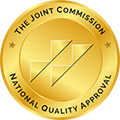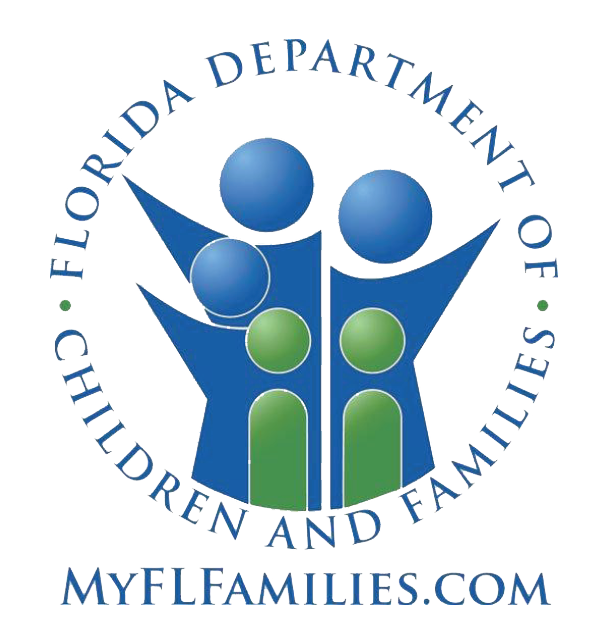Alcohol use disorder (AUD) is a complex and challenging condition that affects millions of individuals worldwide. At Serenity Springs Recovery Center, we strive to provide a compassionate and comprehensive approach to treating AUD. With a focus on holistic healing, evidence-based therapies, and unwavering support, our center stands as a beacon of hope for those seeking recovery from this debilitating disorder.
Alcohol use disorder is a chronic illness characterized by the compulsive consumption of alcohol despite adverse consequences. It encompasses a wide range of symptoms, including a strong craving for alcohol, an inability to control or limit drinking, and withdrawal symptoms when alcohol consumption is reduced or ceased. AUD not only affects physical health but also impairs mental and emotional well-being, strains relationships, and hampers personal and professional growth.
Alcohol use disorder can be a daunting challenge, but at Serenity Springs, we believe in the power of hope, healing, and recovery. With our individualized treatment plans, evidence-based therapies, and compassionate support, we are committed to helping individuals overcome AUD and reclaim their lives. Together, we strive to build a brighter future for those affected by this disorder, inspiring a community where wellness and sobriety flourish.







